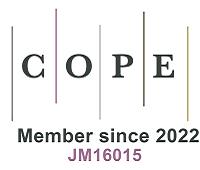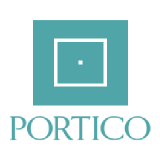Metal-organic frameworks for antibacterial therapy: a mini-review on microenvironment-responsive strategies and recent advances
Abstract
Non-antibiotic antibacterial agents can significantly reduce the risk of bacterial drug resistance, but they face limitations such as poor tissue penetration, insufficient in vivo stability, and significant side effects. Metal-organic frameworks (MOFs), as a novel class of porous functional materials, exhibit broad application prospects in the antibacterial field due to their highly tunable structures, large specific surface areas, and precisely controllable pore systems. This review introduces the antibacterial mechanisms of MOFs, explores their responsive antibacterial strategies within the bacterial infection microenvironment, and summarizes their applications in biofilm eradication, immuno-synergistic antibacterial therapy, and implant surface modification. Finally, it discusses the biocompatibility and biosafety of MOFs, addresses the existing deficiencies in this field, and outlines future directions.
Keywords
Metal-organic frameworks, anti-bacteria, microenvironment-responsiveness, infection microenvironments
Cite This Article
Li Z, Zhao N, Hu N, Zhang Y, Han B, Wang X, Yu T. Metal-organic frameworks for antibacterial therapy: a mini-review on microenvironment-responsive strategies and recent advances. Microstructures 2025;5:[Accept]. http://dx.doi.org/10.20517/microstructures.2025.109














